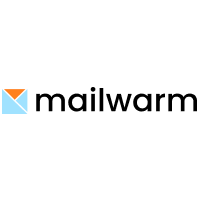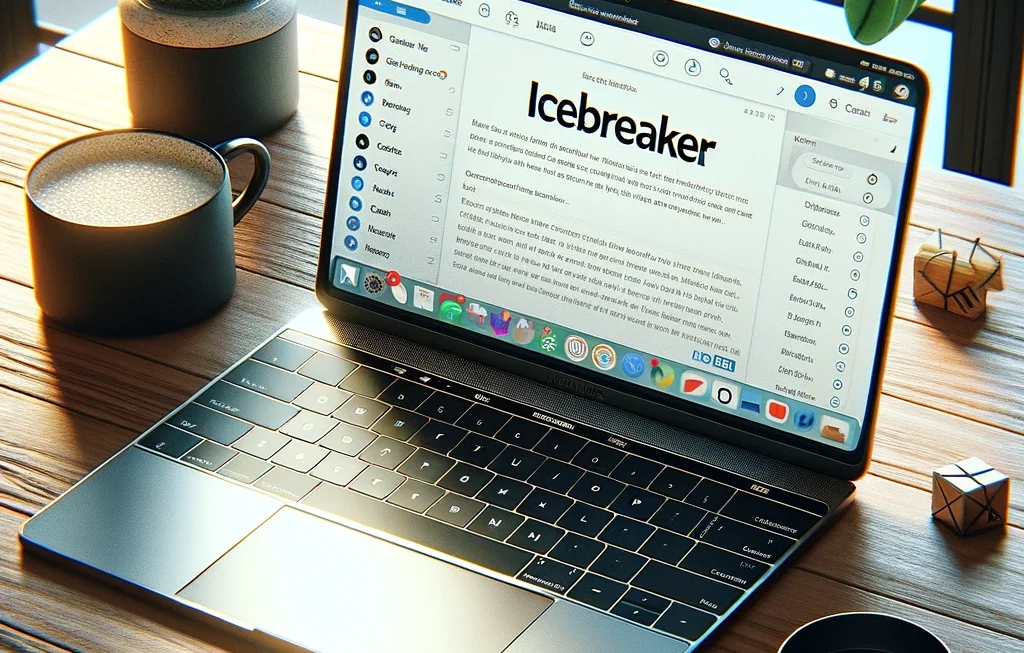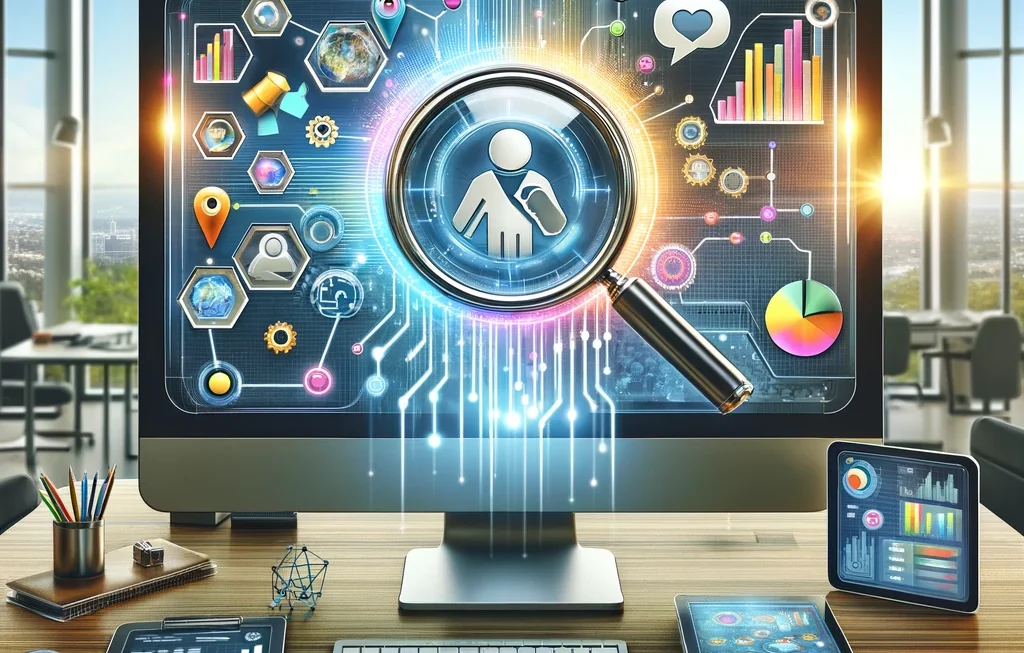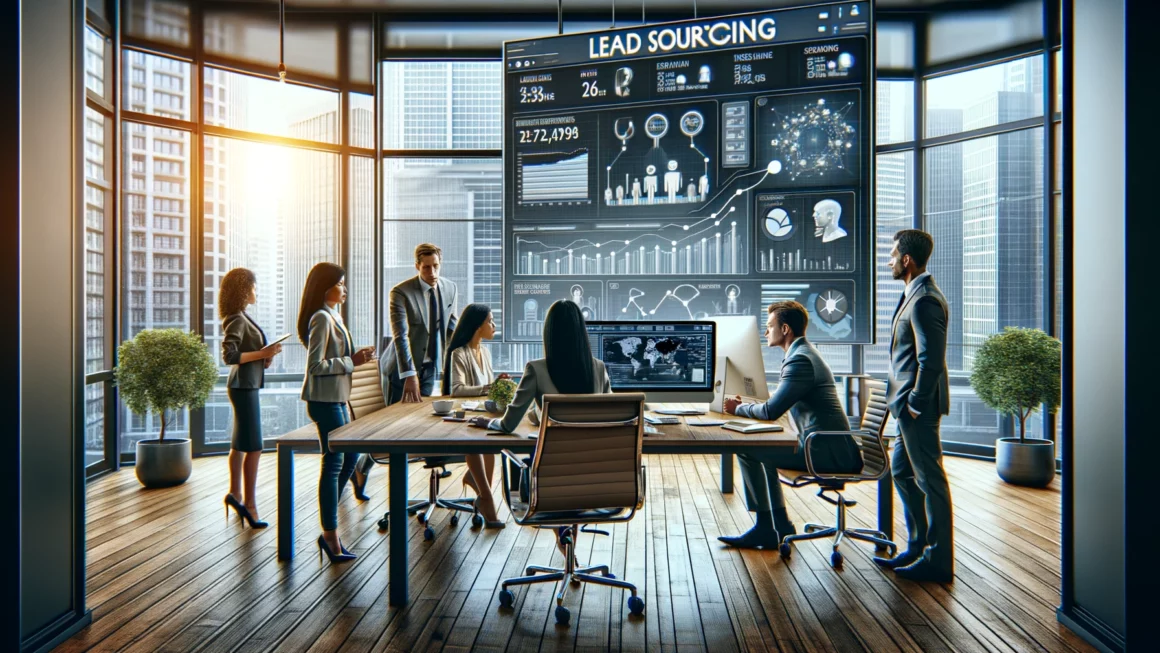In the world of email communication, breaking the ice can be just as daunting as striking up a conversation with a stranger. Whether it’s reaching out to a potential client, networking with industry peers, or simply making a new professional connection, the initial email can set the tone for your future interactions. This blog post is dedicated to the art of crafting an effective icebreaker email, including templates and tips to enhance your email communication skills.
Understanding the Importance of Icebreaker Emails
Initiates Professional Relationships: A well-written icebreaker can be the start of a long-lasting professional relationship.
For instance, an email to a potential mentor highlighting shared interests can pave the way for valuable guidance and support.
Reflects Professionalism and Attention to Detail: An icebreaker email that is well-structured and error-free shows you’re serious and professional.
Imagine sending an email to a potential investor a clear, concise, and well-crafted email can make a strong first impression.
Helps Stand Out in a Crowded Inbox: In a world where inboxes are flooded, a thoughtful icebreaker can help you stand out.
For example, using a catchy subject line and opening with a relevant, personalized remark can make your email more noticeable.
Facilitates Networking Opportunities: Effective icebreaker emails can open doors to networking opportunities that might not have been accessible otherwise.
For example, reaching out to a speaker after a webinar with specific comments on their talk can lead to a fruitful connection.
Sets the Tone for Future Communication: The tone of your icebreaker can set expectations for future interactions. A friendly and respectful tone can foster a positive ongoing dialogue.
Key Elements of an Effective Icebreaker Email
Engaging Opening Line: The first sentence should capture attention. For example, “I was deeply inspired by your recent talk at [Event]…” immediately shows interest and relevance.
Specific Reference to Recipient’s Work or Interests: Mention something specific about the recipient’s work or interests to show that the email isn’t generic. For example, “Your article on [Topic] provided me with valuable insights about…”
Professional Tone Aligned with Recipient’s Culture: Match your tone to the recipient’s expected communication style. If emailing a creative agency, a more casual tone might be appropriate, while a law firm might require a formal approach.
Clear and Concise Language: Avoid jargon and overly complex sentences. Clarity is key.
Signature with Contact Information: End with a professional signature that includes your contact details, making it easy for them to reach out.
Icebreaker Email Templates
Template 1: Networking
Subject: Connecting Over Shared Interests in [Industry/Topic]
Hi [Name],
I came across your work on [Platform/Event] and was really impressed by your insights on [Specific Topic]. As someone who’s also deeply interested in [Topic], I thought it would be great to connect.
I’d love to hear more about your experience with [Specific Element] and share some thoughts I have in this area. Are you available for a quick call or coffee chat next week?
Looking forward to the possibility of exchanging ideas.
Best,
[Your Name]
Template 2: Cold Outreach for Sales
Subject: Ideas to Enhance [Aspect] at [Recipient’s Company Name]
Hi [Name],
I’ve been following [Recipient’s Company] and noticed your impressive work in [Field/Project]. It struck me that [Your Product/Service] could help streamline your process in [Specific Aspect].
I believe our [Product/Service] can [Specific Benefit]. Could I have 15 minutes of your time next week to discuss this further?
Thank you for considering this. Looking forward to your thoughts.
Best,
[Your Name]
Template 3: Seeking Mentorship
Subject: Seeking Your Expertise in [Field/Industry]
Hi [Name],
I recently read your article on [Platform] about [Topic], and it resonated deeply with me. As an aspiring [Your Profession/Role] looking to grow in [Field], I admire your work and expertise.
Would you be open to a short mentorship conversation where I could gain insights from your journey and advice for someone at my stage?
Appreciate your time and consideration.
Best regards,
[Your Name]
Template 4: Reaching Out to a Thought Leader
Subject: Insightful Perspectives on [Topic] at [Event/Article]
Hi [Name],
Your recent [talk/article] on [Topic] at [Event/Platform] offered some of the most insightful perspectives I’ve encountered in our field. Your approach to [Specific Point] particularly resonated with me.
I’m [Your Name], a [Your Position/Role] at [Your Company/Organization]. I’ve been exploring similar themes and would greatly value exchanging ideas with you. Would you be open to a brief discussion in the coming weeks?
Thank you for your inspiring work.
Warm regards,
[Your Name]
Template 5: Introduction to a Potential Client
Subject: Enhancing Your [Service/Process] at [Recipient’s Company]
Hi [Name],
As someone passionate about [Industry/Field], I’ve admired [Recipient’s Company]’s approach to [Specific Aspect]. My experience in [Related Field/Service] has given me some insights that could further enhance your [Service/Process].
I’d love to discuss how we at [Your Company] could collaborate with your team. Is there a convenient time for a quick exploratory call next week?
Best,
[Your Name]
Tips for Personalizing Your Icebreaker Email
Use Social Media for Research: Look at the recipient’s LinkedIn, Twitter, or other social media profiles to understand their professional interests and recent activities. For example, if they’ve recently been promoted, you could start with, “Congratulations on your well-deserved promotion to [Position]!”
Mention Mutual Connections: If you share a mutual connection, mention it to establish trust. “I was speaking with [Mutual Connection], and they suggested I reach out to you…”
Refer to Recent Events or Achievements: If they’ve recently spoken at a conference, published an article, or achieved something notable, mention it. “Your presentation at [Conference] was incredibly enlightening, particularly your thoughts on [Specific Topic]…”
Tailor Your Language to the Recipient’s Industry: Use terminology and references that resonate with their industry. For a tech professional, mention relevant technologies or trends in their field.




